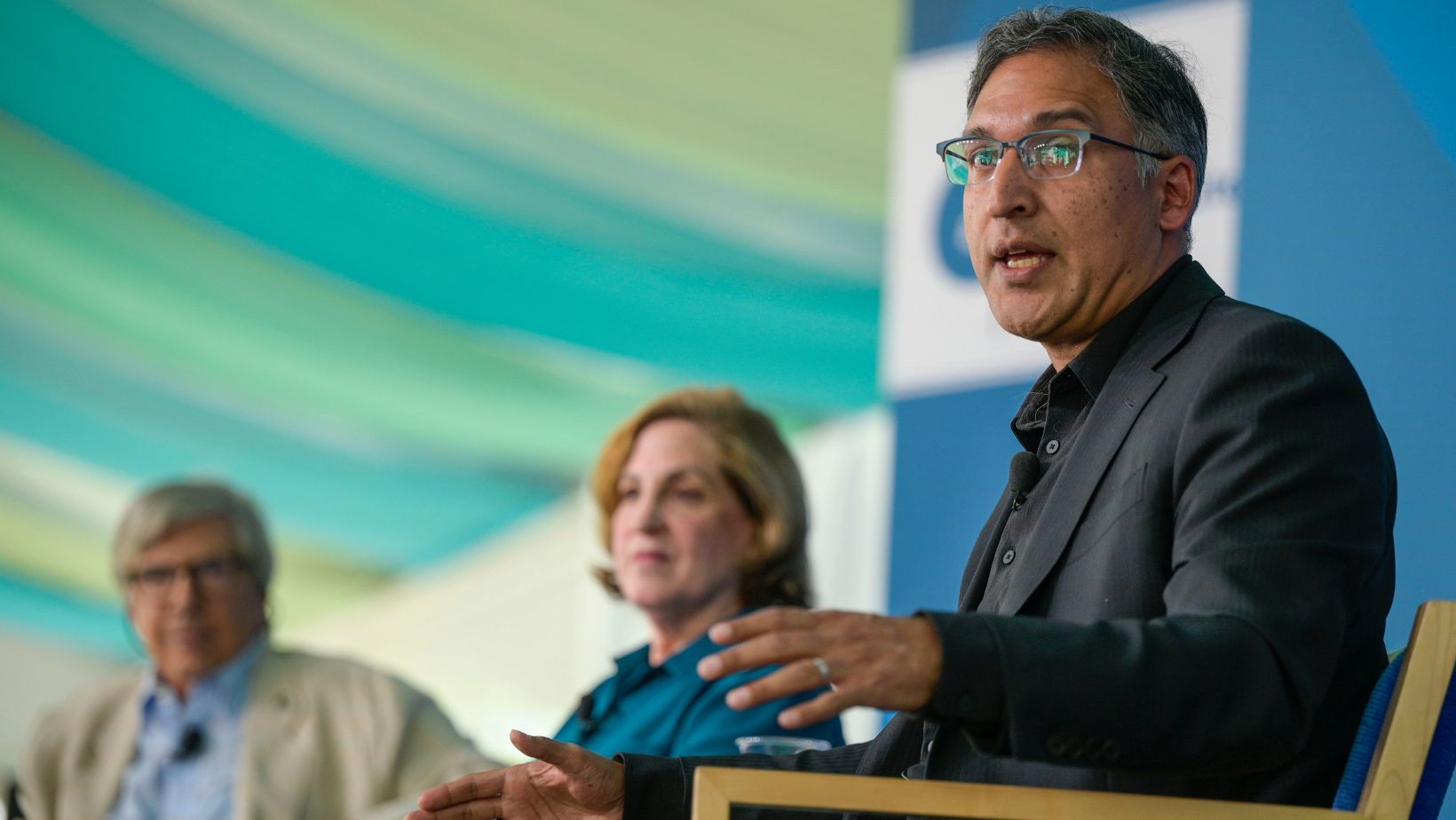Meryl Justin Chertoff is director of the Institute’s Justice and Society Program.
From Baghdad to Bosnia, religiously diverse communities have often become tinderboxes. While religion is central to the lives of so many here and abroad, in some circles it is viewed as a source of strife and conflict. The United States has never been a utopia of religious harmony, but throughout our history we have largely escaped major interreligious conflict. Each religious group newly arrived to our nation has enjoyed the right to freedom of worship and expression, protected by the Constitution and community practice.
In an increasingly globalized world, and with incidents of bias-motivated hatred and even violence in our nation seemingly on the rise, will the United States continue its success? Is America’s religious diversity a source of strength for our nation, or a potentially divisive force that can at best be managed? How can we increase understanding of minority religions and create positive engagement between people of different faiths to advance the common good?
These are the questions that led the Institute’s Justice and Society Program to convene a day-long event in March 2011 called America the Inclusive, which laid the groundwork for the creation of the Inclusive America Project (IAP). IAP’s 23-member distinguished panel is composed of some of the best thinkers on religious pluralism and interfaith engagement, along with leaders in the fields of youth service, government, and media. In December 2012 and April 2013, the panel convened under Co-chairs Madeleine Albright and David Gergen to consider consensus principles that would respect difference while embracing common values, look at best practices, and commit to action.
The Justice and Society Program is proud to announce the publication of “Principled Pluralism: Report of the Inclusive America Project.” It is the culmination of the panel’s work to date. A free PDF is available through the program’s website.
The report examines five sectors: youth development organizations, higher education, media, religiously affiliated organizations, and government agencies. Panelists, in addition to making specific recommendations, have committed to take these recommendations back to their institutions and communities to achieve real change—and you can, too.
Among the main conclusions of “Principled Pluralism” are:
- Directors of youth organizations should foster a more inclusive sense of what it means to be an American by developing appropriate ways to help young people understand how religious beliefs contribute to the mosaic of our society.
- Institutions of higher learning should strive to create campus environments that promote honest and respectful exploration among students of a variety of religious beliefs.
- Assistance should be provided to religious leaders to better communicate positive stories about their faith communities and help them attract positive media attention—both online and off—to those narratives.
- Religiously affiliated organizations should join in educational, civic, and other cooperative projects that serve common goals, while also standing together in opposition to any form of religiously motivated discrimination, hatred, or violence.
- Clear guidelines should be developed to encourage legally viable and socially productive engagement between government and religiously affiliated organizations.
The report also includes an executive summary by Co-chairs Albright and Gergen, an essay by Professor David Campbell titled “The Challenges of Religious Diversity,” and several short response essays by panelists on topics such as how speech codes and anti-discrimination language affect diversity on campus, how government can engage with faith groups, and how the Boston Marathon bombings show—to paraphrase Hemingway—that since 9/11, as a nation, we’ve grown stronger in the broken places.
On June 26, at the start of this year’s Aspen Ideas Festival, Gergen will discuss the report along with the Project’s panel members Jim Wallis and Eboo Patel.
Dissemination of the report will continue through 2013. Paperback copies can also be purchased online for a nominal fee.

